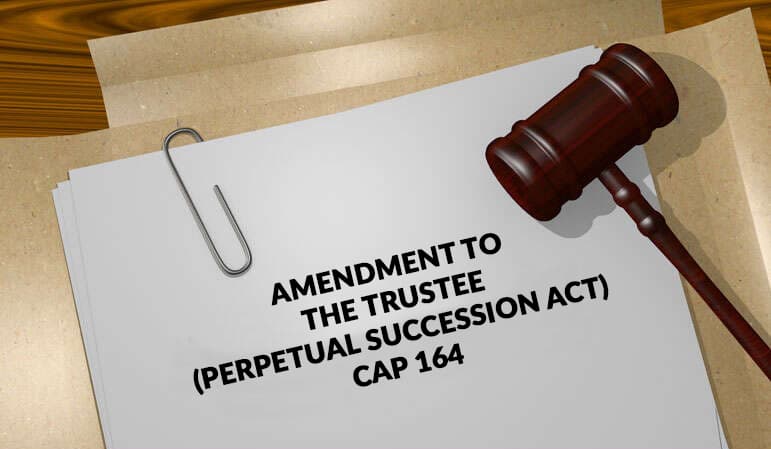Introduction
Probation period is the period of time at the start of an employment when an employer evaluates and assesses the ability, competence and suitability of the employee for the role. Probation period can also be treated as a coaching or training opportunity where the new recruit learns the finer details of his job.
The employee on probation may be dismissed with little notice if they’re found to be unsuitable for the role allowing the employer to take action more quickly if they feel that the new recruit is not suitable for the role.
What is a Probationary Contract?
The Employment Act, 2007 defines a probationary contract as a written contract of employment, which is not more than twelve months and expressly states that it is for a “probationary period”.
Before placing any of your employees on probation here are three key thing you need to know about a probation contract:
- Probationary Period
The probationary period should not be more than 6 months but it may be extended for a further period of up to 6 months with the agreement of the employee. A probationary contract should not exceed 12 months.
With regard to the extension of a probationary contract, the court in the case of Wilson Simiyu vs Chairman B.O.G Friends School Bokoli & Anorther (2016) (eKLR) stated that extension of a probationary period can only be for grounds of non-performance or non-suitability for the job, both of which cannot be presumed, but must be brought to the attention of the employee who must agree to the extension as provided under section 42 of the Employment Act.
- Termination of a Probationary Contract
A probationary contract may be terminated by giving not less than 7 days’ notice of termination, or by payment of 7 days’ wages in lieu of notice. The employer does not have to give reasons for the termination.
- Benefits Available to an Employee in Probation?
During the probation period, person is not entitled to the usual legal rights and benefits of employment such as leave and off days, however, statutory deductions such as the National Social Security Fund (NSSF), National Hospital Insurance Fund (NHIF) and Pay as You Earn (PAYE) should be deducted and remitted.
At Netsheria International, we have an experienced team of lawyers who will help you draft or review your Probation Contract and help you solve Employment Disputes as and when they arise. Please contact us for our services at info@netsheria.com or visit our website at https://netsheria.com/ for more information on our services.






